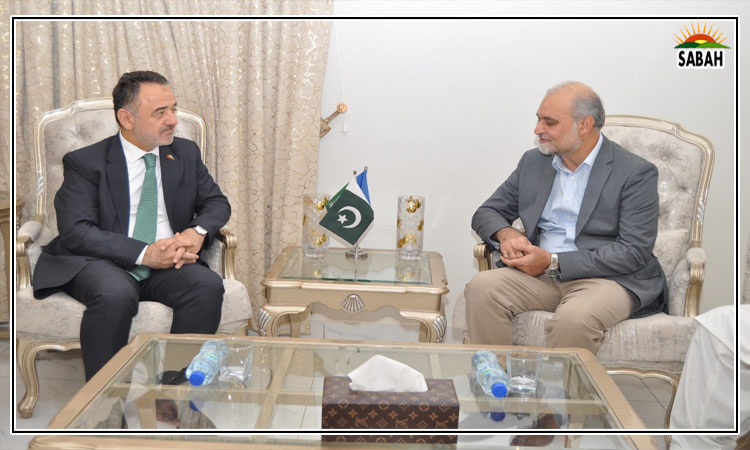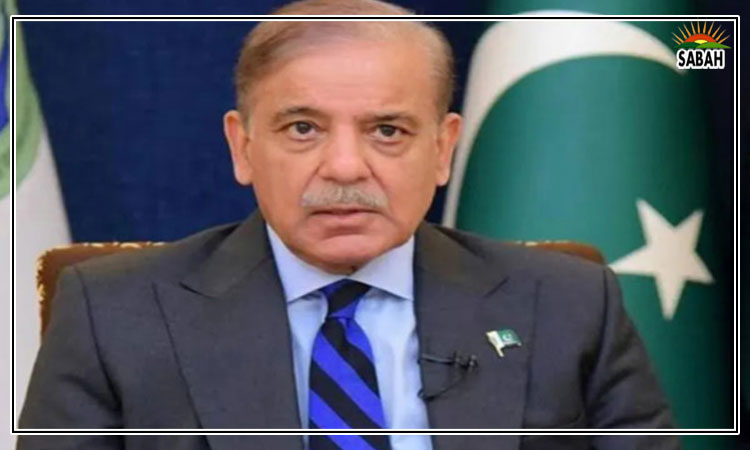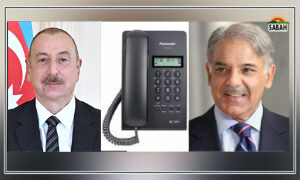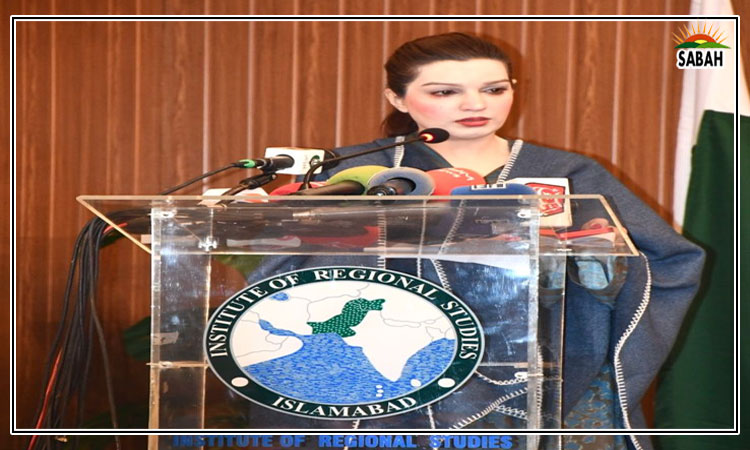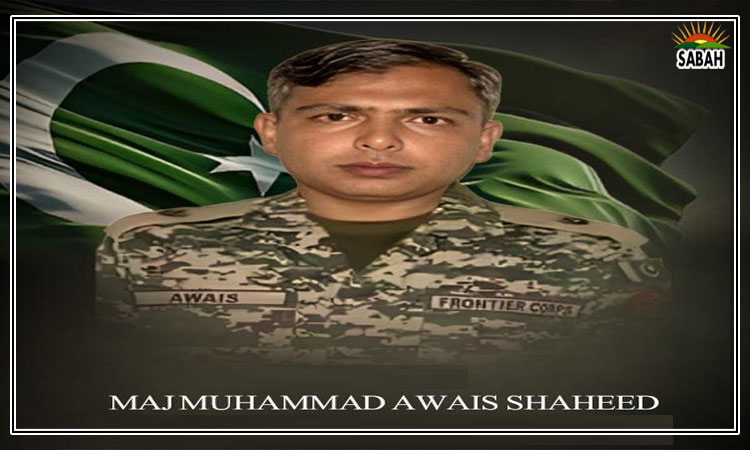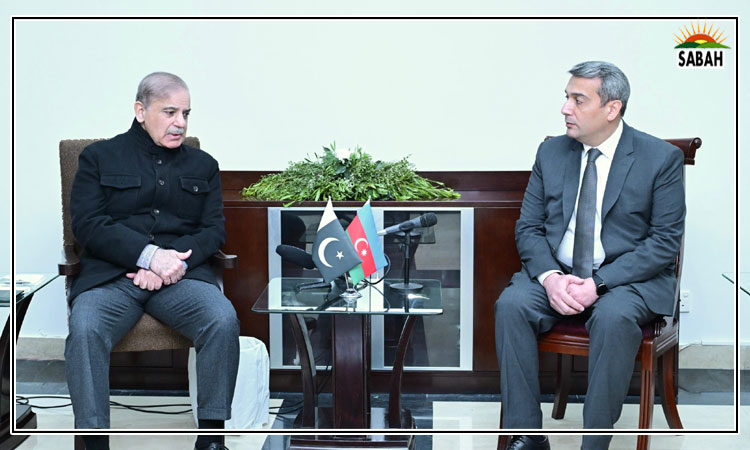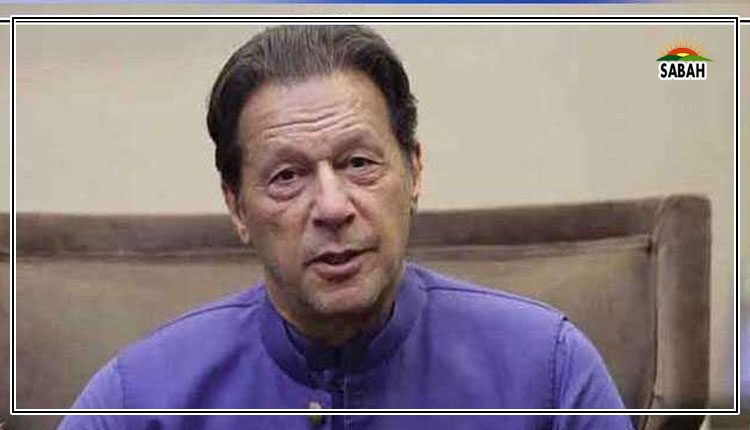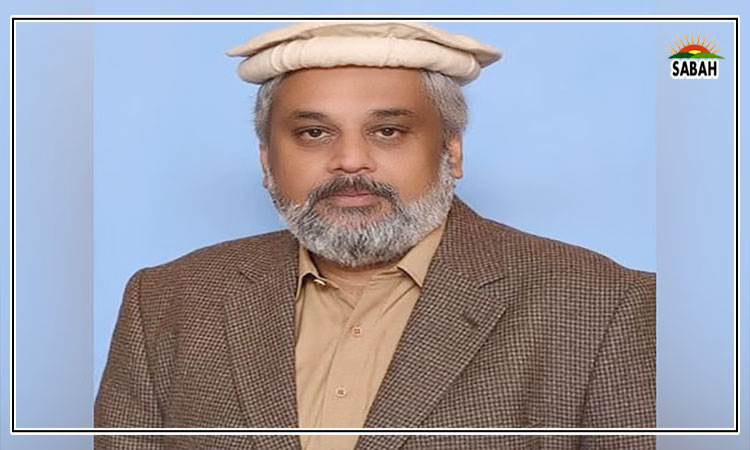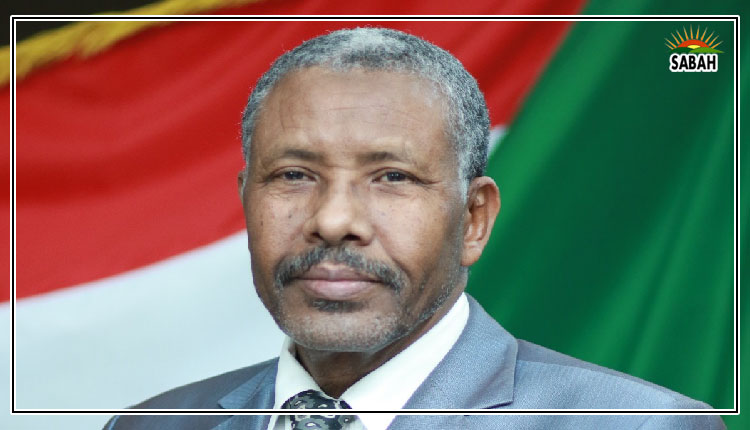Developments of the Crisis in Sudan By Salih Mohamed Ahmed Mohamed Siddig
Brief on what happened
What happened on 15th April 2023, was an abortive coup d`état to seize power by force. The rebel RSF started its treacherous attacks on the General Command of the Sudanese Armed Forces and the residence of the General Commander of the Armed Forces and the President of the transitional Sovereign Council, trying to arrest or kill him. The rebel forces militia simultaneously launched attacks against all bases of the Army, the airports in the different states of Sudan, and many strategic government sites.
Immediately after the treacherous attacks, the RSF was dissolved and designated as a rebel and illegal organization. On 19th May, Gen Abdel Fattah Al Burhan removed the leader of the rebel forces militia, Mohamed Dagalo, better known as Hemedti, from his post as his deputy on the ruling Sovereign Council, and appointed Malik Agar, one of those who signed a peace agreement with the government in 2020, as deputy on the Transitional Sovereign Council.
Despite the obvious betrayal of the rebel RSF, the President of the Transitional Sovereign Council has declared general amnesty to those who will lay down arms, given a chance to join the Sudanese armed forces.
What is SRF?
The Rapid Support Forces was formed in 2013, under the full control of the Sudanese Armed Forces. The number of the RSF was about 20,000 troops. After the overthrow of the National Salvation regime the RSF began to expand in number, economically and politically as well, allied with some minor civilian groups and political parties, mainly those belong to the Freedom and Change Forces (central council).
Falsely the commander of the rebel forces militia tried to fashion himself a supporter of the civilian and democratic transition in Sudan. The rebel forces militia and their political allies signed what is named the Framework Agreement, isolating the main political powers in the Sudan, and leaving the thorniest political issues like the integration of the RSF in the Armed Forces and the period of transition, unsettled. The rebel forces militia also insisted on applying the Framework Agreement without the consent of the Sudanese Armed Forces, which can be considered one of the main indirect reasons of the crisis.
Rebel RSF violations of human rights ad breaches of international norms and laws
At the beginning we have to mention that the Sudanese Armed forces have been adopting a strategy that allows limited and reasonable use of force in compliance with the international laws and norms in such circumstances, to ensure the safety and security of the citizens and protect the infrastructures and the Sudanese people gains from destruction. Whereas, since the beginning of the rebellion, the rebel forces militia used to commit human right violations and breaches of local and international laws.
The rebel forces militia continuously target diplomatic and international organizations premises and staffs. They committed attacks, looting and destruction of tens of diplomatic premises and their properties, among them lately the Pakistani Embassy, moreover to their brutal crimes of rape and sexual harassment against the females working in international aid field. The rebel forces militia also committed abduction of retired officials and intentional killing of civilians.
The rebel forces militia occupied hospitals, schools and vital services facilities. They also hide in populated areas, using people as human shields and depriving citizens of their necessary needs and their rights to access to health, water and other services.
The rebel forces militia have even targeted convoys of evacuation of diplomats and foreigners. Confirming its insistence on spreading chaos and threatening the security and safety of citizens, the rebel forces militia stormed prisons in Khartoum and other states and allowed thousands of inmates, including those sentenced to death, to escape.
Recently, the rebel forces militia occupied mosques using them, along with schools and hospitals, as war places. They also launched terrorist attacks against two churches, the Episcopal Anglican Church of Sudan, All Saints Cathedral, located in Khartoum and Margis Church in Omdurman.
How the Sudanese Government regard the conflict
The Government of Sudan affirms that fighting against the rebel forces militia is an internal issue, and that the Sudanese Armed Forces are living up to their constitutional role in protecting the sovereignty of the Sudan and its people.
The Sudanese Armed Forces have destroyed all bases of the rebel RSF in Khartoum state, seized their bases in the different states of Sudan and cut off their supply lines and their communications. Now all States of Sudan are under full control of the government, except small pockets in Khartoum state, which are used by the rebel forces militia as human shields, like hospitals, schools, mosques, churches and services facilities.
Therefore any kind of foreign intervention is unacceptable and intolerable, except initiatives related to humanitarian issues that will help life of people to return to normalcy.
What the Sudanese Government expects from the international community
The Sudanese government regrets the silence on the crimes committed by the rebel forces militia, and calls on the international community, especially brotherly countries like Pakistan, to condemn in strongest terms the rebel forces militia for the crimes they are committing against the state, and also against unarmed civilians, diplomatic missions, and properties, which stand obvious evidence of breach to all norms and international humanitarian law.
The silence of the international community towards the continuous breaches of International Humanitarian by the rebel forces militia leads them to commit further war crimes against civilians either citizens or diplomats.
We also call on the international community to exert all kinds of pressure on the rebel forces militia, so as to lay down arms and end fighting.
The government of Sudan urges the international community, besides condemning these terrorist and criminal attacks, to designate the rebel forces militia as terrorist organization, and to hold them accountable for violation of the international and humanitarian law.
Is there any external factor in the current Sudanese crisis
Sudan is very rich of natural resources. It has most of the strategic minerals, millions acres of arable land, different sources of water, different climates, millions of livestock, taking in mind its expected role in food security in the near future. Sudan enjoys very important geopolitical and geo-strategic location, having a shore of about 800 kilometers on the Red Sea representing it as a gateway to seven closed African countries. Also the Sudan is rich of diverse of tourist areas. The most important and valuable resource for the Sudan is the human resource of its very educated and patriot people.
Therefore, many foreign powers may have played crucial roles in the current crisis in Sudan, pushed by their own interests and their greed in the Sudan’s resources.
Many unfriendly countries would try to weaken Sudan and deprive it of the initiative to build a strong and united state, and to prevent it from developing its capabilities, as that is necessary for bolstering and strengthening their own national interests.
The successive rebel movements stand obvious examples of the external intervention in the Sudan affairs, and the current military coup cannot be an exceptional case.
Concluding words
We hope the conflict would soon be over and normalcy return back to Sudan, because the continuous of war in the Sudan will definitely bring more problems, not only for Sudan, but for all countries of the region, especially those neighboring Sudan.
Therefore Sudan used to accept and uphold the agreements and truces for humanitarian reasons initiated by brotherly and friendly countries, among them the recently short-term ceasefire agreement signed in Jeddah, under the auspicious of Saudi Arabia and The United States, hoping that the rebel forces militia will commit to it so as to protect civilians of Sudan and also to help them access their humanitarian needs as well, but unfortunately the rebel forces militia always never commit to their agreements.
I would also like to mention that the enlightened patriot Sudanese people will changed this crisis into opportunities, and will achieve sustainable peace, stability and social integrity, reaching a smooth transition to democracy and civil governance, as the Commander of the Armed Forces Lieutenant General AbdelFatah Al Burhan committed and promised many times. And the Sudanese people will draw the right lessons from this conflict by defeating and eliminating the rebel forces militia to avoid the repetition of its mistakes in the future.
I also remind the international community that the Sudan now is very in need of medical and humanitarian supports, especially the life-saving medicines and medical supplies, besides other humanitarian aids.
Salih Mohamed Ahmed Mohamed Siddig , Ambassador of Sudan in Islamabad



